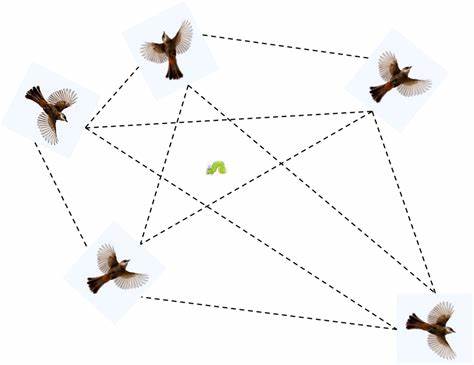

Volume 98
Published on July 2025Volume title: Proceedings of the 6th International Conference on Education Innovation and Psychological Insights

With the rapid development of artificial intelligence and virtual reality technologies, AI educational robots and VR immersive games are gradually revolutionizing the model of early childhood education. This study focuses on the personalized social training achieved by AI educational robots through natural language processing and emotion recognition technologies, as well as the simulation of real social scenarios by immersive virtual environments constructed with VR technology, and deeply explores its dual promoting effect on the cognitive and social ability development of young children. To accurately evaluate the development level of children's social ability, this paper innovatively proposes a deep neural network prediction model (Our model) optimized based on particle swarm optimization algorithm. By comparing typical machine learning models such as decision tree, AdaBoost, XGBoost and LightGBM, The system verified the performance differences of different algorithms in social ability prediction. The experimental results show that the basic model decision tree performs poorly in core indicators such as accuracy rate (0.632), recall rate (0.614), precision rate (0.621), and F1 score (0.617), but its AUC value (0.868) is significantly better than that of XGBoost (0.845) and LightGBM (0.853). The AdaBoost model shows strong classification stability, with an AUC value reaching 0.899, second only to the Our model. XGBoost shows obvious performance abnormalities, with the accuracy rate dropping sharply to 0.633. It is speculated that there is a problem of insufficient parameter optimization. The optimization model proposed in this study performed outstandingly in all indicators. Its accuracy rate (0.789), AUC value (0.916), and F1 score (0.773) all ranked first. Among them, the F1 score increased by 9.6% compared with the suboptimal model, and the AUC value increased by 1.9%, fully verifying the effectiveness of the particle swarm optimization algorithm in the optimization of deep neural networks. The research results not only provide intelligent solutions for the assessment of children's social skills, but also open up new paths for the deep integration and precise application of AI+VR educational technologies, which have significant practical value for promoting the digital transformation of preschool education.

 View pdf
View pdf




